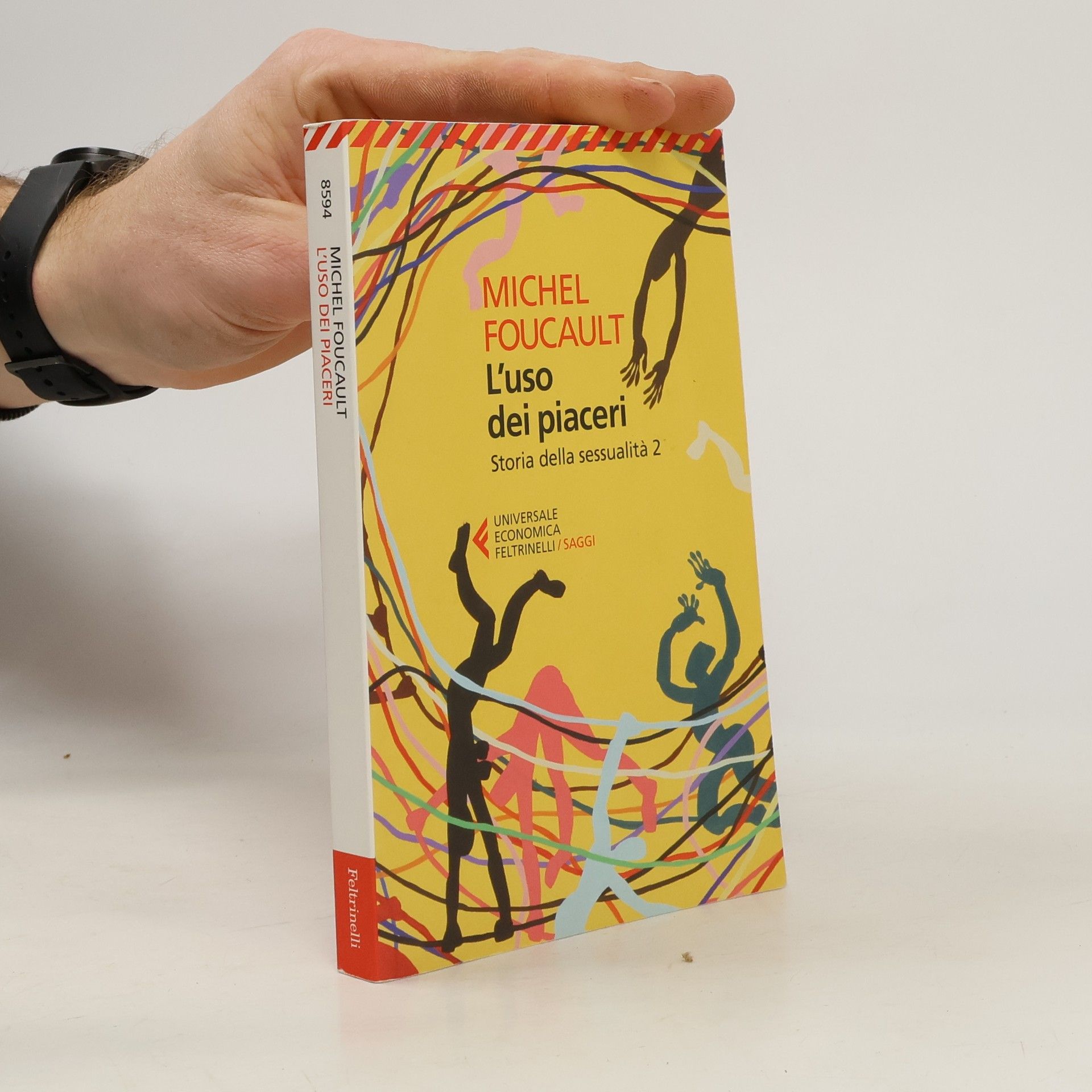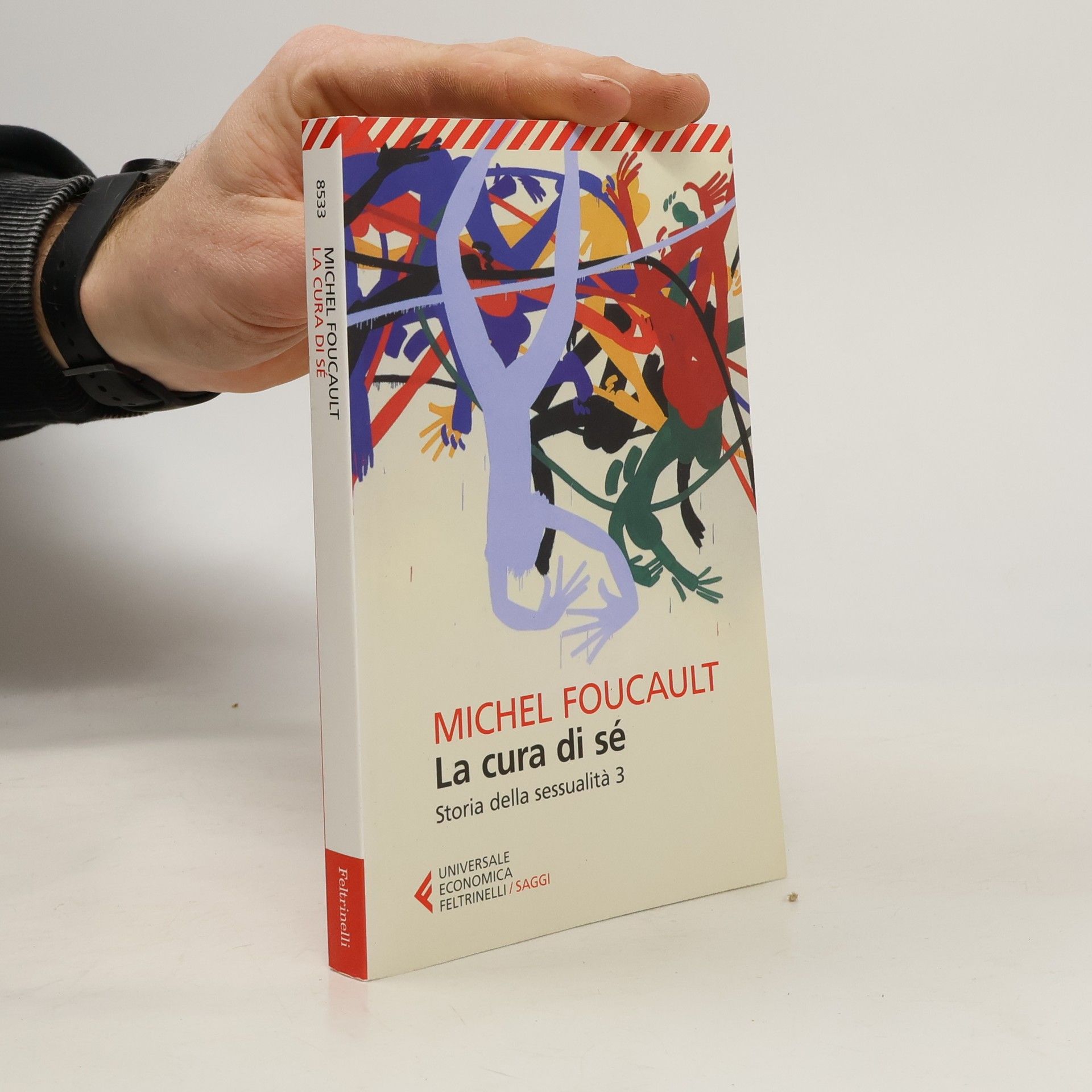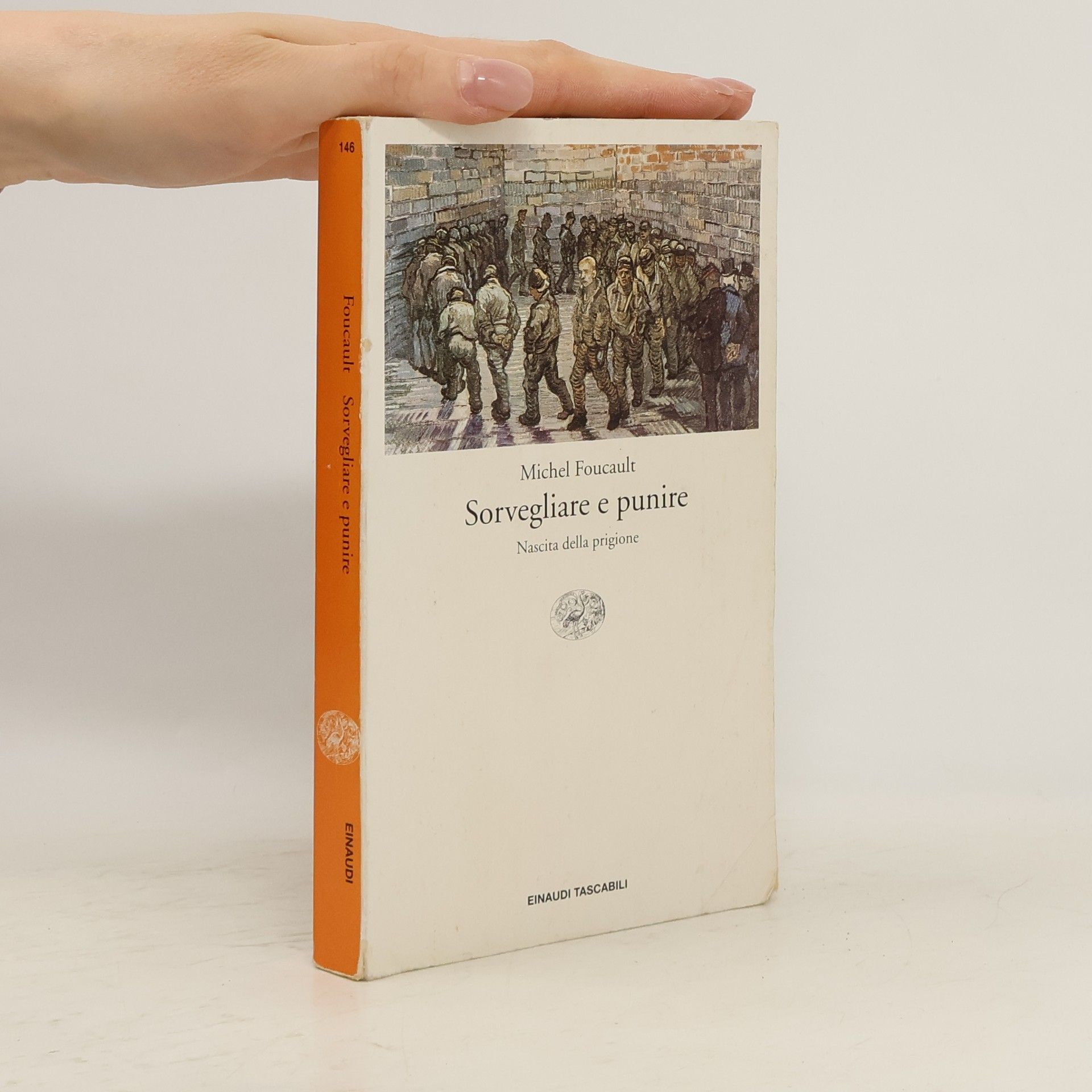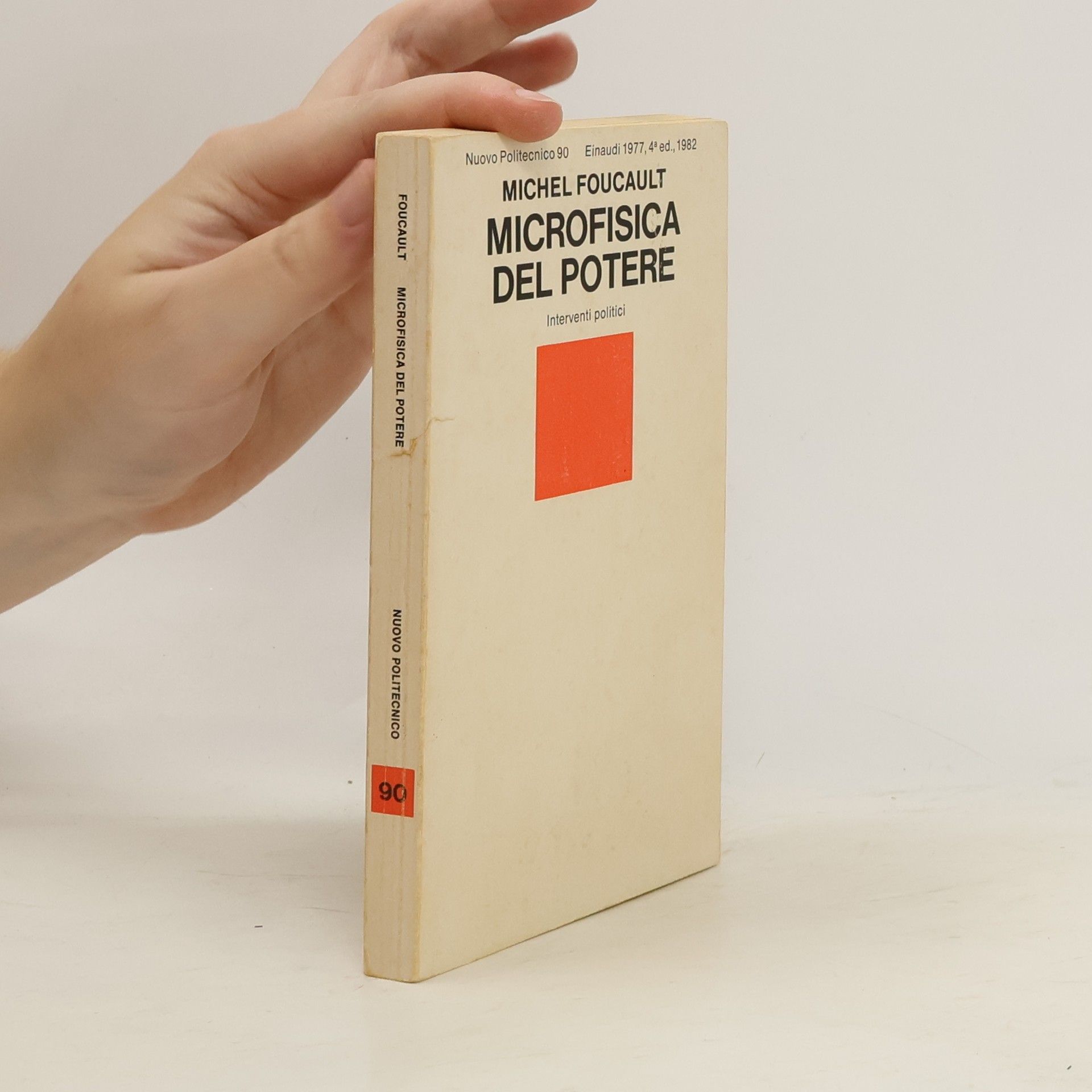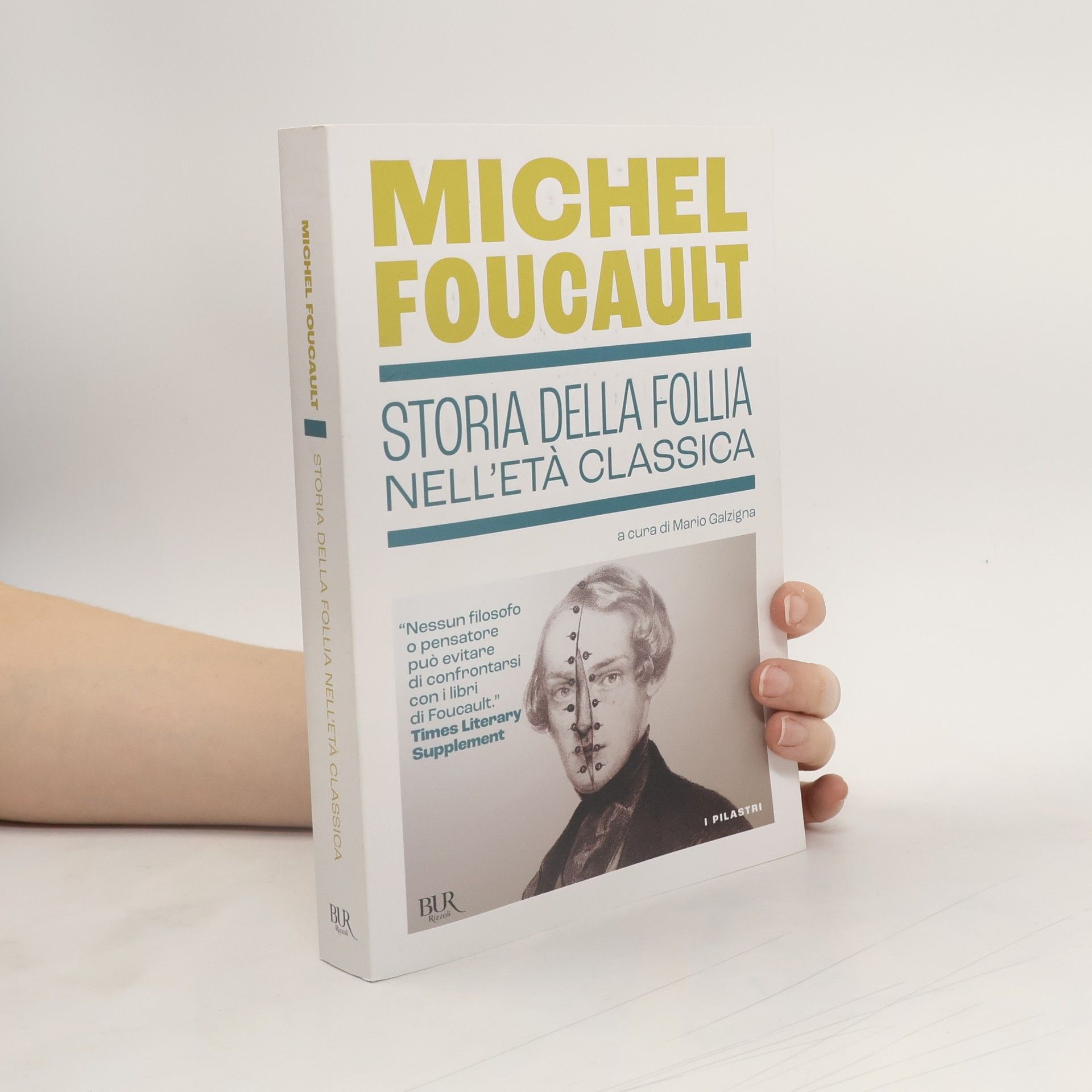Il coraggio della verità
Il governo di sé e degli altri. Corso al Collège de France, 1983-1984
- 368pagine
- 13 ore di lettura
Quello del 1984 è l'ultimo corso tenuto da Michel Foucault al Collège de France. Già malato, comincia le lezioni solo a febbraio per terminarle alla fine di marzo. Muore pochi mesi dopo, il 25 giugno. Queste circostanze gettano una luce particolare sul corso, che si è portati a leggere come una sorta di testamento spirituale, dove il tema della morte ricorre frequentemente. Il corso prosegue e radicalizza le analisi condotte l'anno precedente. Anche qui, la domanda centrale ruota intorno alla funzione del "dire-il-vero" e al ruolo che la verità riveste nell'ambito della politica e dei rapporti di potere. Si tratta in sostanza di stabilire, nell'ambito della democrazia, un certo numero di condizioni etiche che sono irriducibili alle regole formali del consenso ma che fanno appello alla dimensione morale individuale: il coraggio di fronte al pericolo e la coerenza.



